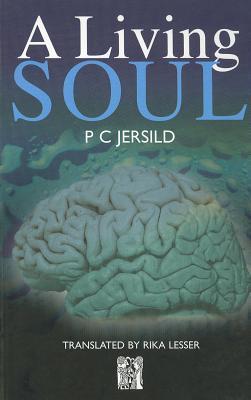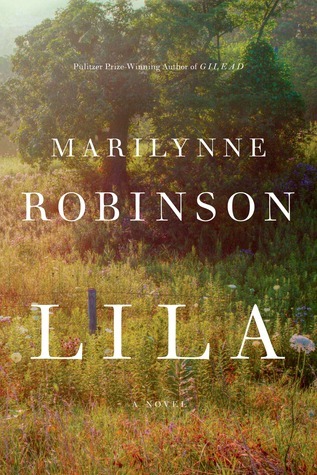
Lila: An Inquiry Into Morals
Book Description
What defines a moral life? Journey into the turbulent mind of Lila, a free-spirited drifter whose presence shakes the foundations of a philosophical quest. As a tumultuous relationship unfolds between Lila and her companion, Pirsig navigates the jagged terrain of values, identity, and the meaning of intelligence. With visceral prose and profound insights, this gripping exploration challenges everything thought known about virtue and morality. Will the answers he uncovers illuminate their chaotic connection, or will they spiral into the depths of existential dread? What choices will arise when philosophy meets passion in the wilderness of the human spirit?
Quick Book Summary
“Lila: An Inquiry Into Morals” by Robert M. Pirsig continues the philosophical exploration started in “Zen and the Art of Motorcycle Maintenance.” The narrative follows Phaedrus, a solitary philosopher-sailor, as he encounters Lila, a troubled drifter. Their uneasy relationship serves as a catalyst for a deep investigation into the nature of morality, values, and consciousness. Through philosophical conversations and introspection, Pirsig develops his Metaphysics of Quality, a framework that transcends conventional dichotomies of good and evil, subject and object. Using Lila’s chaotic life as a case study, Phaedrus examines how individuals and societies define what is moral. The book fuses narrative with philosophical treatise, challenging traditional moral systems and suggesting that quality and dynamic value underlie true virtue.
Summary of Key Ideas
Table of Contents
The Metaphysics of Quality
Set aboard a sailboat navigating America’s rivers, "Lila: An Inquiry Into Morals" traces the mental and philosophical journey of Phaedrus—a protagonist based on Pirsig himself. The plot orbits his encounter with Lila, a raw and deeply troubled woman whose presence provokes questions about the nature of goodness, sanity, and the fabric of society. Through their uneasy relationship, the narrative merges lived experience with complex philosophical inquiry, blurring the line between story and essay.
Dynamic vs. Static Values
Central to the book is the Metaphysics of Quality, Pirsig’s proposal for a new philosophy of value. This framework abandons traditional subject-object divisions and asserts that ‘quality’—that which gives moments value and meaning—is the fundamental reality. Phaedrus dissects how this abstract concept manifests in everyday actions, relationships, and even mental health. The analysis challenges inherited paradigms, proposing a dynamic, context-sensitive way to approach life’s existential questions.
Morality and Individual Experience
A major theme is the contrast between dynamic and static values. Dynamic values represent spontaneous, creative change and innovation, while static values encompass societal traditions and established moral codes. Pirsig argues that true morality involves discerning when to embrace stability and when to allow for transformation. Lila, untethered to conventions, becomes a living embodiment of dynamic value—a catalyst forcing Phaedrus to confront his own static assumptions and intellectual limits.
Cultural and Social Morality
Examining morality on a cultural level, Pirsig critiques how societies codify morals to ensure stability but often stifle individual complexity. Using Lila’s outsider status, the book explores how those who don’t fit social standards are labeled as deviant or insane. Phaedrus’s struggle to understand and help Lila reflects broader questions about the definition of sanity and the pitfalls of rigid morality. The text suggests that morality is not fixed, but a negotiation between individual needs and collective order.
The Search for Meaning and Sanity
By integrating narrative and philosophy, "Lila" delves into the human search for meaning, belonging, and sanity in a changing world. Phaedrus’s journey with Lila is both an intellectual expedition and a personal transformation. The book leaves readers with the realization that moral decisions are rarely clear-cut, and that understanding reality requires balancing the tension between static convention and dynamic creativity. Through this union of story and thought, Pirsig invites readers to question assumptions and discover a more nuanced approach to moral inquiry.
Download This Summary
Get a free PDF of this summary instantly — no email required.





